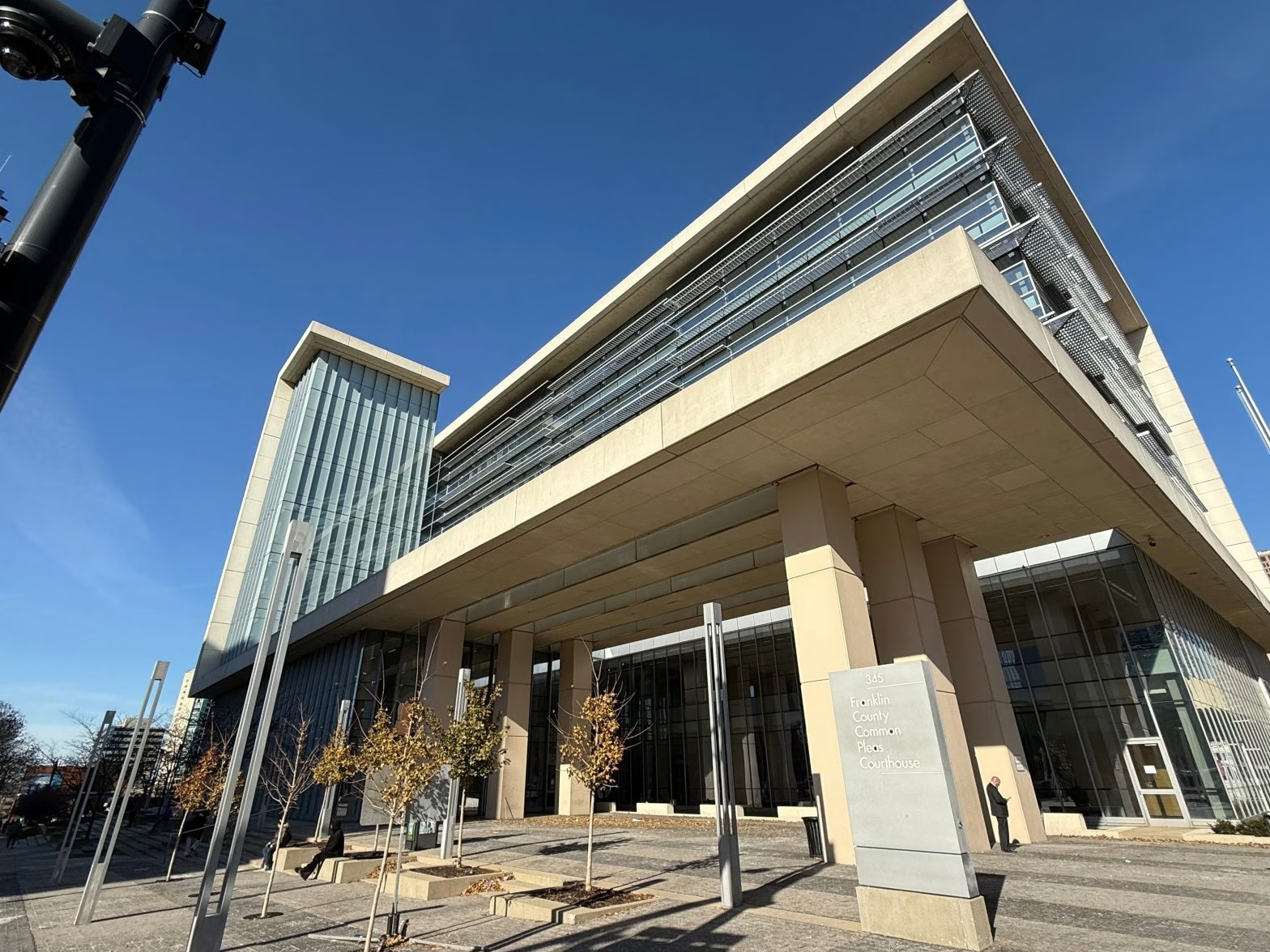WashU Under Pressure as Chancellor Meets with Trump Team
Washington University Chancellor to Engage with Trump Administration
Washington University Chancellor Andrew Martin has announced that he will meet with the Trump administration, but has not signed onto a controversial “compact” that the administration has used as leverage against some universities to maintain federal funding. The decision highlights the ongoing debate over higher education policies and the role of institutions in national discussions.
Martin met virtually with leaders from the Trump administration last week, according to reports from the student newspaper Student Life. In a letter released on Monday, he expressed his willingness to participate in the dialogue by accepting an invitation to engage constructively with the administration. He emphasized that his goal is to contribute to the national conversation about higher education, rather than aligning with specific policy positions.
A spokesperson for Washington University did not provide immediate details on who would be part of the university’s delegation or the timeline for the meeting. However, the announcement has already sparked interest and speculation about the potential outcomes of the discussion.
The “Compact for Excellence in Higher Education”
On October 1, the Trump administration released a document titled “Compact for Excellence in Higher Education.” This initiative outlined several key demands, including the elimination of race-based admissions, protections for conservative students, and the promotion of “institutional neutrality.” These proposals are seen as a direct challenge to the current focus on Diversity, Equity, and Inclusion (DEI) initiatives within many academic institutions.
The compact was presented as a way for universities to maintain their eligibility for federal funding. However, it has drawn criticism from various quarters, with opponents arguing that it undermines efforts to create more inclusive and equitable educational environments.
Washington University’s Stance
In his letter, Martin made it clear that Washington University did not endorse or sign the compact. He also clarified that the university’s participation in the upcoming talks should not be interpreted as an endorsement of the document’s principles. This statement underscores the university’s commitment to maintaining its own values while engaging in broader conversations about the future of higher education.
Martin’s approach reflects a careful balancing act between participating in important national dialogues and preserving the autonomy of the institution. By choosing to engage without endorsing the compact, the university is positioning itself as a participant in the conversation rather than a supporter of a particular agenda.
Implications for Higher Education
The situation at Washington University is emblematic of a larger trend in higher education, where institutions are navigating complex political landscapes. As the debate over DEI policies continues, universities must decide how to respond to external pressures while staying true to their missions.
This engagement with the Trump administration could set a precedent for other institutions facing similar challenges. It also raises questions about the role of federal policy in shaping the educational landscape and the extent to which universities should align with political agendas.
As the discussions unfold, the outcome of this meeting could have significant implications for the future of higher education in the United States. For now, Washington University remains committed to its own values while seeking to contribute to the national conversation.
- Cahaya Kepedulian PLN, Bantu Guru Pondok Pesantren Darul Khoir Arrosyid - December 16, 2025
- 100 Soal & Kunci Jawaban Bahasa Inggris Kelas 3 SD Semester 1 (Kurikulum Merdeka 2025) - December 16, 2025
- These researchers say they have serious questions about UFOs, aliens - December 16, 2025




Leave a Reply